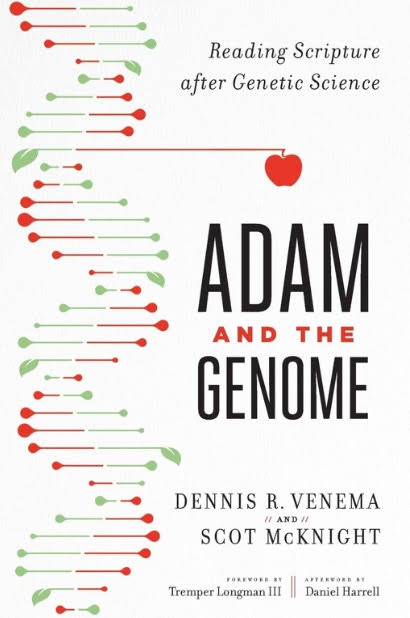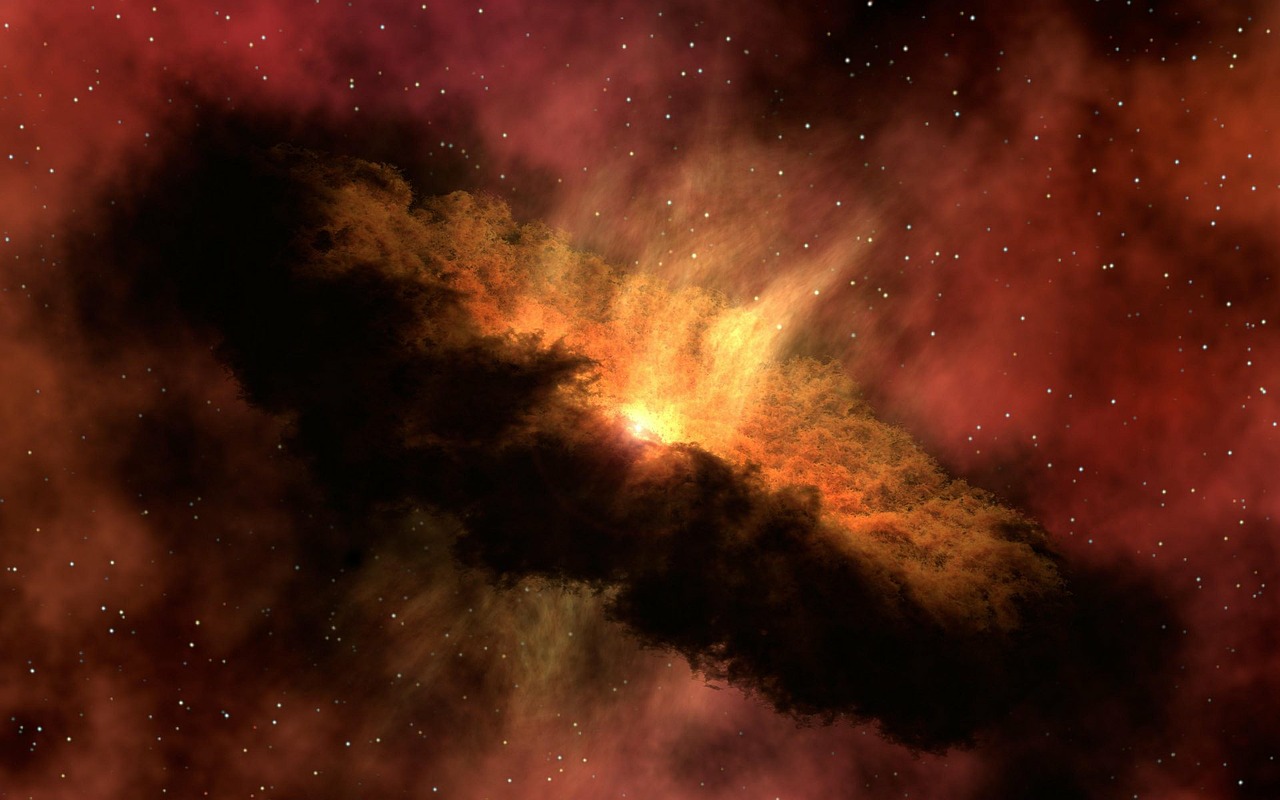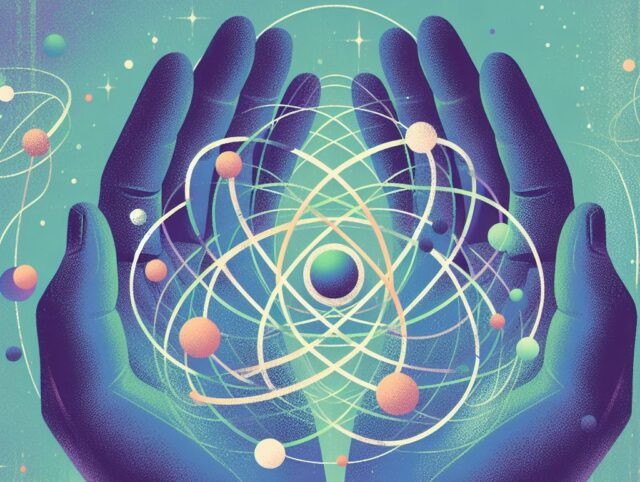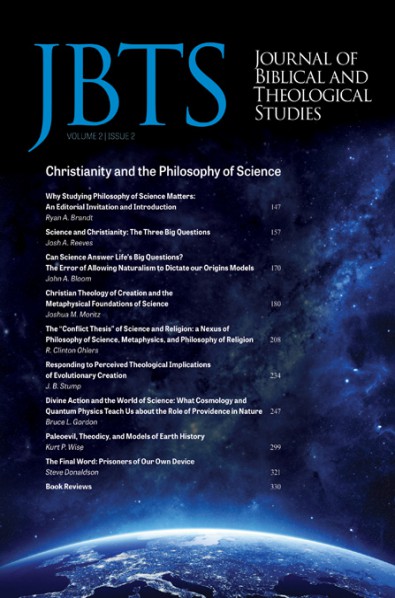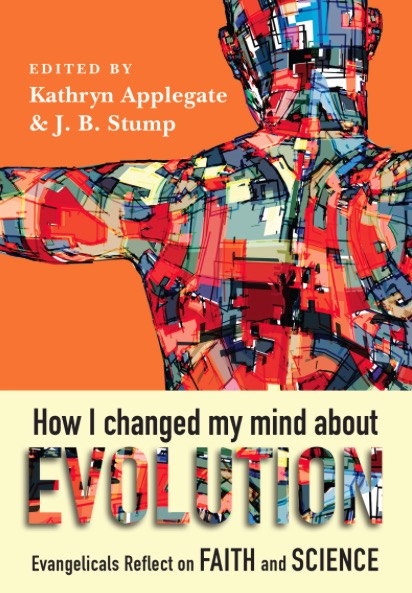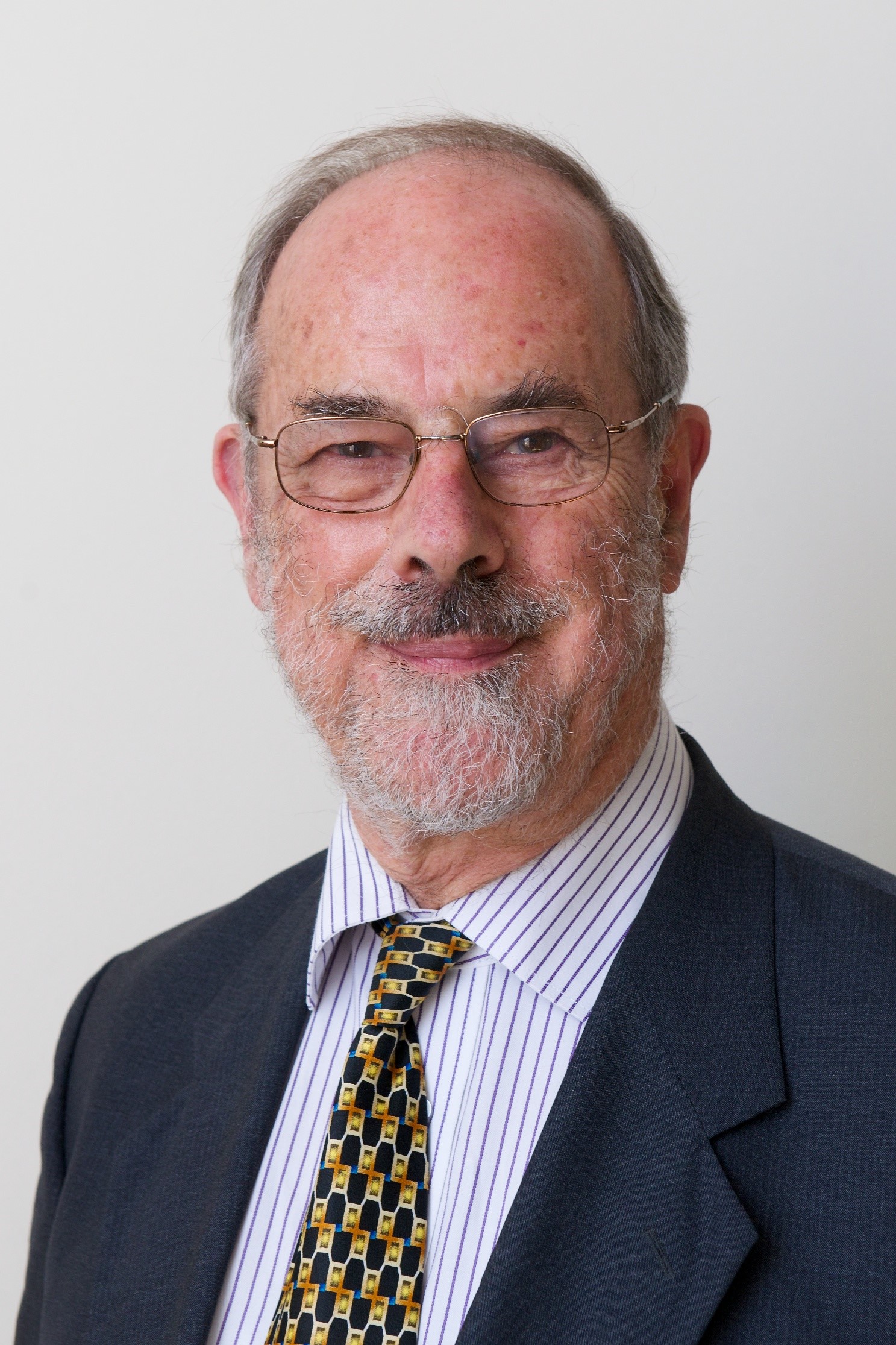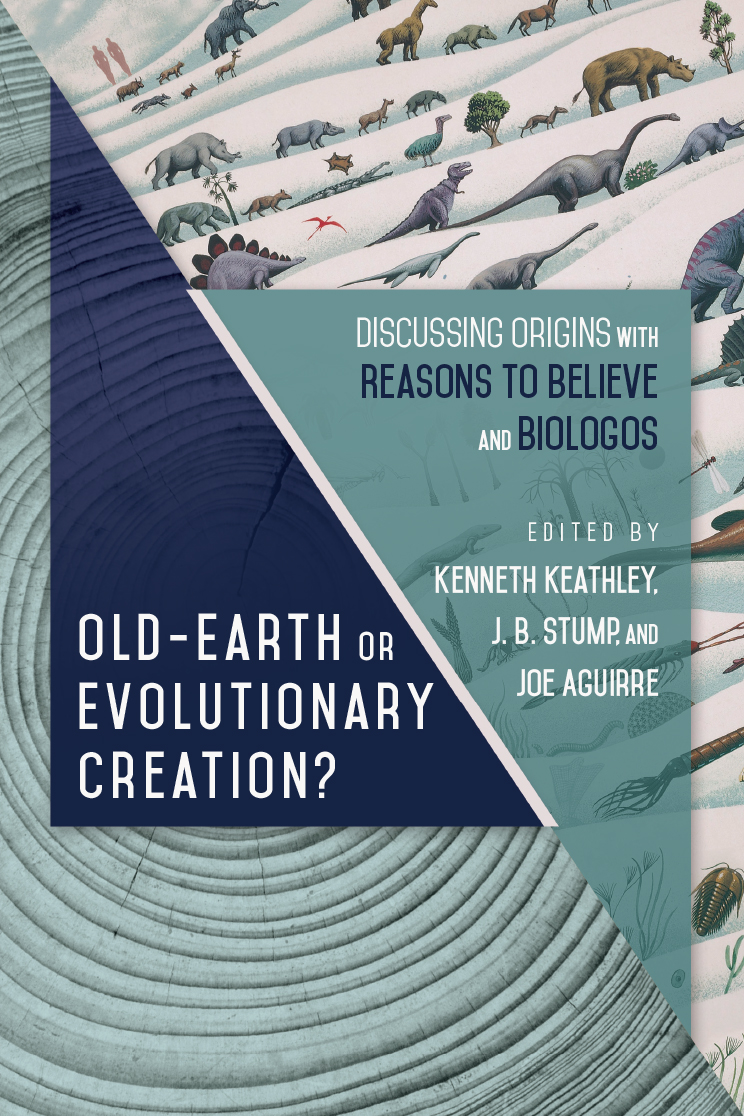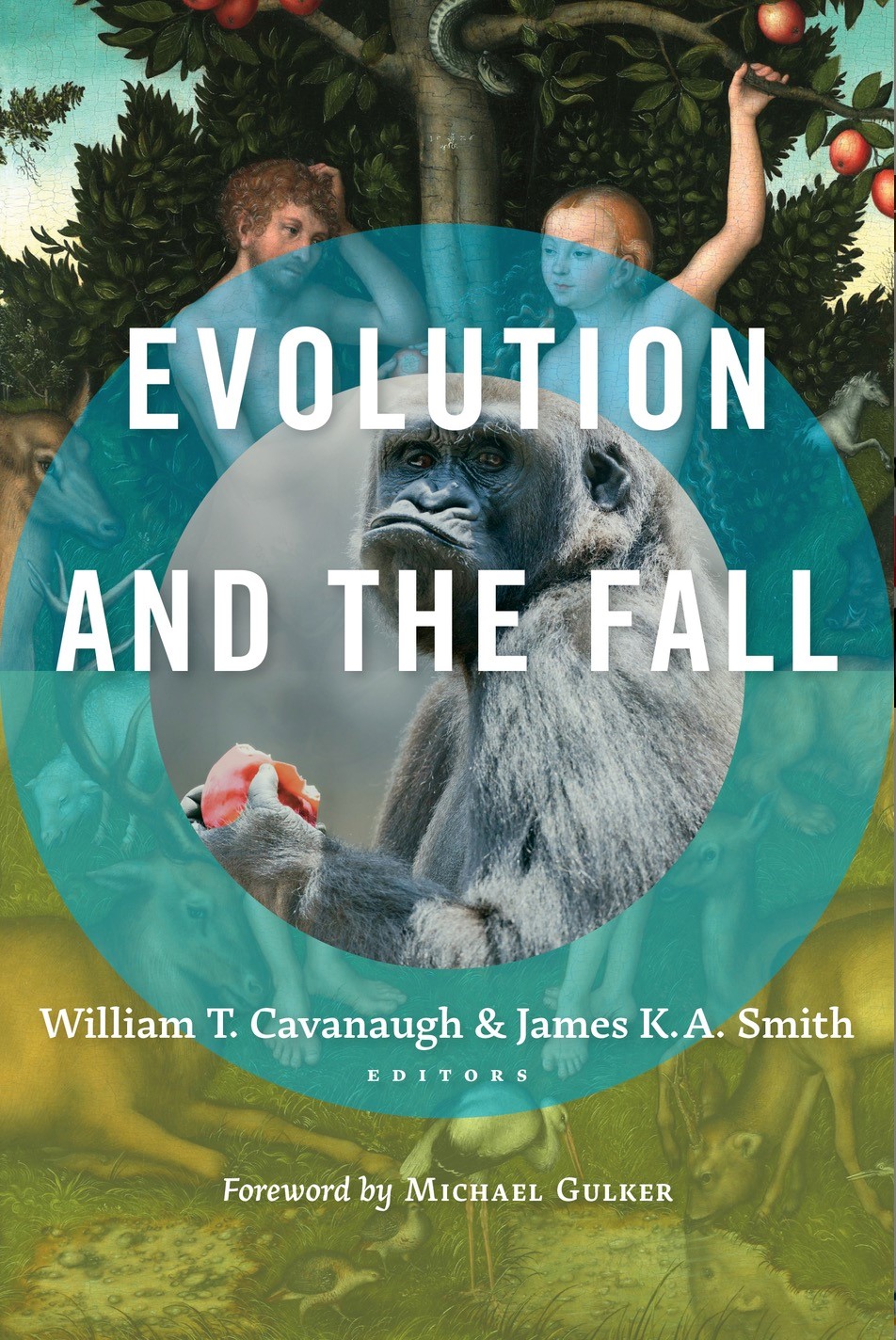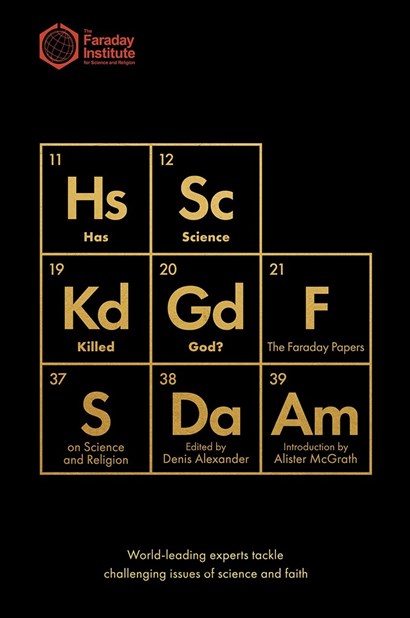


Christianity, science and rumours of divorce
Chris Mulherin, January 2013
Download PDF
Christianity, science and rumours of divorce
Chris Mulherin
The Rev. Chris Mulherin is an ordained Anglican minister who is completing a doctorate in science and religion.
This article is based on talks that Chris gave in March on behalf of the Graeme Clark Research Institute at Tabor Adelaide1 and first appeared in The Melbourne Anglican, May 2012, p. 22. It is reprinted with permission.
Abstract
The rumours of irreconcilable differences between faith and science are based on misunderstanding, argues Chris Mulherin, in the first of two articles on the subject.
Key words
Science, faith, religion, naturalism, scientism, atheism, Dawkins, Dennett, worldview, induction, scientific method
Introduction
Like all lasting marriages, Christianity and science have had to work at their relationship. But despite rumours of conflict, science and faith can look forward to an enduring marriage as they work together pursuing truth.
The ‘conflict thesis’, which is thoroughly debunked by both historians and philosophers of science, has recently been revived by an alignment of special interests. This includes the media’s hunger for conflict as well as other provocateurs who have little respect for either serious history or philosophy; I’m thinking of a new breed of would-be public intellectuals such as Professor Richard Dawkins, the high priest of the New Atheism.
It is true that history records conflicts between representatives of science and religion but these historical examples of disagreement do not amount to philosophical or theological incompatibility. As in marriage, differences of opinion do not constitute irreconcilable conflict.
The only conflict thesis worth taking seriously is one that suggests that there is a necessary and fundamental contradiction between science and Christianity. In this article and the next (www.iscast.org/journal/resource/Mulherin_C_2013- 01_Science_as_ideology) we will see that rumours of irreconcilable differences are based on misunderstanding, principally about the nature of science.
But before turning to science, the first idea worth remembering is this: Christianity is a worldview.
Christianity is a worldview: it’s about meanings, not mechanisms
One of the dangers of referring to the ‘science-religion relationship’ is that this description appears to set up a symmetry between two comparable entities: science on the one hand, and faith on the other. But science and Christian faith are not directly comparable because Christianity is a worldview while science is not and never can be.
A worldview is a set of ideas and beliefs that offers a coherent framework to interpret the universe. It’s a sketch of the ‘big picture’. It answers such questions as: How should we live? How did it all begin? What happens after death? Does God exist?
As a worldview, orthodox Christian belief includes a ‘supernatural’ creator God who made the universe and everything in it, the death and resurrection of Jesus Christ and the linear nature of history from creation through to final consummation. Christianity also includes an understanding of the purposes of humanity made for relationship with God.
One implication of this description of the Christian worldview is that it is answering questions about meaning and not mechanics; questions about the purposes and not the particles of the universe. So Christianity is not directly comparable to science because science is not a worldview and – my second point – Christianity is not science.
Christianity is not science
The natural sciences – think of physics or biology or astronomy – search for the mechanisms and laws of the universe in the hope of answering the ‘how’ questions. They look for the physical causes and constituents of what goes on in our world. Christianity is different.
On the one hand, as a worldview, Christianity is much more encompassing than science because it answers the big questions such as those above.
But on the other hand Christianity has little interest in the ‘how’ questions. For example, while the Bible tells us the meaning of the Church and offers some general principles, there is no description of the mechanics of setting up the perfect church. Or in the area of moral guidance, the Bible offers a general foundation but it does not tell us how to run a country or order our finances.
So Christianity is not science and it is a mistake to think that the Bible is a political treatise or a scientific textbook. In fact when it comes to biblical interpretation, the Christian tradition has always recognised that there are various ways of reading scripture and that the Bible is made up of a number of different types of literature. In short, to paraphrase the words of Galileo Galilei, the central figure in the most famous so-called conflict between science and religion, the Bible teaches how to go to heaven, not how the heavens go (Galileo 1615 lines 375-376).
What about science? My third point is that science is not a worldview; it’s about mechanisms, not meanings.
Science is not a worldview: it’s about mechanisms, not meanings
Physics and chemistry do not make claims about the purpose of particles or the meaning of molecules. That’s not what they’re about, and if we look to science to answer such questions we expect more than it can offer.
Let’s have a cup of tea to clarify this difference between a worldview and the pursuit of science. If I point to the kettle and ask, ‘Why is the water boiling?’, the alert physics student will talk about the raised energy levels of the molecules induced by heat from the stove. To which I might reply, dipping my tea bag in a cup, ‘The water is boiling because I want a cup of tea’.
Both answers are correct because the question, ‘Why is the water boiling?’ is ambiguous. It could be a question about mechanics: ‘What causes the water to boil?’ or it could be about meaning: ‘What is the purpose of the water boiling?’ There are many such questions; ‘Why are we here?’ has both a theological and a scientific answer. ‘Why is she crying?’ has an answer in terms of brain chemistry and neuronal firings that is pastorally unhelpful.
So, we have clarified at least two sorts of questions, which, as shorthand, I am referring to as those about meanings and those about mechanisms. And because science is about mechanisms and not meanings we can see that there are limits to science imposed by the nature of the sorts of questions it answers.
So, my fourth point is that science has its limits; in particular science is constrained by the presuppositions it must make in order to do its work.
Science has limits: it relies on presuppositions
As a pursuit of knowledge about the natural world, the natural sciences cannot delve into philosophical or logical or religious questions; these questions are not the subject matter of science. But that doesn’t mean that science can leave such issues aside.
The life and breath of science lies in its rigorous approach to uncovering the truth of the natural world based on working assumptions that it does not question. This recognition that science doesn’t start from a blank slate, that science must assume some things to even get off the ground, is captured by atheist philosopher Daniel Dennett who warns of the risk of a naïve attitude to science that fails to see its philosophical foundations.
Dennett says (Dennett 1995 p. 21):
There is no such thing as philosophy-free science; there is only science whose philosophical baggage is taken on board without examination.
So, as C S Lewis explains in his excellent little book Miracles (Lewis 1947 p. 2), the philosophical question must come first.
One way of thinking about the philosophical assumptions of science is that they are like tools of the trade that we use to produce results. Think of the carpenter’s hammer: it’s a tool that the carpenter uses—without questioning it—in order to drive a nail. The focus is on the nail and the hammer is taken for granted.
It’s similar with science: science takes for granted its foundational assumptions but it cannot justify them scientifically; they must come first before science begins its work. Here are some examples of foundational assumptions of science.
- Science can only be practised by assuming that the universe is governed by laws – there are laws of nature which result in the possibility of repeatable experiments. This means that in the laboratory, the scientist must assume that the results of an experiment are due to the laws of nature and not to supernatural causes. This assumption governs the scientist’s methods of going about science and it is an assumption that cannot be proven.
- This regularity or uniformity that science is based on is revealed in the way that science depends on inductive argument. Induction is the process of observing repeated events or experience and drawing the conclusion that future events will follow the same pattern. For example, if I observe a million swans and they are all white I might conclude that all swans are white. But as this case shows, induction is not foolproof; Darwin arrived in Australia and found black swans. So science relies on induction but has no way of justifying this confidence.
- Science must assume that there is a world ‘out there’ that is independent of what any human being might think or say about it. It is notoriously difficult to prove the existence of the ‘external world’. It is simply something we accept as true and it seems absurd to demand proofs for what we take to be so obviously true without question.
- Finally, science must assume that human reasoning leads to truth. Why do we believe that our reasoning and memory and sensory functions are sound? Again, we cannot prove these presuppositions because they are assumptions we must make in order to think about anything.
These are some of the foundational but unprovable beliefs of science. They are all things that science must take for granted in order to get on with its job. In another article, ‘Science as ideology betrays its purpose’’2, we will turn to the crucial issue of the relationship of science to a worldview called naturalism, which assumes that science is the only way to truth.
References
Dennett, D 1995, Darwin’s dangerous idea, Penguin Books, London.
Galilei, Galileo 1615, ‘Letter to the Grand Duchess Christina of Tuscany’, viewed 12 January 2013, http://www4.ncsu.edu/~kimler/hi322001/Galileo-Letter.pdf
Lewis, CS 1947, Miracles: A preliminary study, Collins, Glasgow.
1. A fuller version is published in Buxton G, Mulherin C and Worthing M, 2012, God and science in classroom and pulpit, Mosaic Press, Preston, ISBN 9781743241370.
2 See www.iscast.org/journal/resource/Mulherin_C_2013- 01_Science_as_ideology
